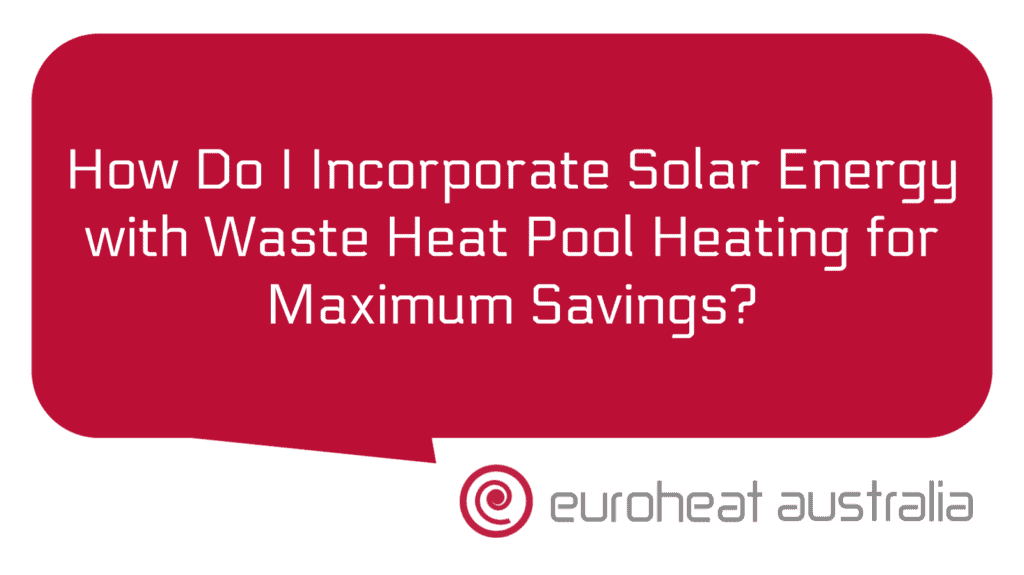When considering pool heating, it’s important to ask yourself whether your home is suitable for waste heat pool heating. Waste heat pool heating can be a great way to save money and reduce energy bills, but it’s important to make sure that your home is suitable for the system.
Waste heat pool heating works by taking the excess heat from other sources in the home and using it to heat your pool. Some of these sources include radiators, warm-air ducts and hot water tanks. If you have these sources of waste heat in your home, then you should consider installing a waste heat recovery system.
When deciding whether or not this type of system is right for you, one of the first things that you should consider is the size of your home and its layout. If you have a relatively large home with several rooms that are not connected, then it can be difficult to make use of the waste heat from one area in another area. Additionally, if the rooms are poorly insulated then there won’t be enough waste heat to make use of.
The second thing that you should consider is how much energy you use and what kind of energy source you’re using. If most of your energy comes from renewable sources such as solar panels or wind turbines, then a waste heat recovery system may not be as beneficial for you as it would be for someone who is using more traditional forms of energy such as electricity or gas. However, if most of your energy comes from non-renewable sources then a waste heat recovery system could significantly reduce your bills by utilising the excess heat that would otherwise be wasted.
Finally, you should also think about how much space is available in your home for a waste heat recovery system and what type of equipment would be needed to install it. Generally speaking, these systems require more space than traditional water heater systems so if space is at a premium in your house then this may not be an option for you. Additionally, some types of equipment may require specialist installation so this needs to be taken into account when deciding whether or not this type of system is right for you.
If after considering these factors and doing some research on different types of waste heat recovery systems, you decide that installing one in your house would be beneficial then Euroheat Australia can help with all aspects related to design & installation services including hydronic heating & cooling systems with 30 years experience in Perth engineering & installation services marketplaces . A well designed & installed hydronic heating & cooling systems could result in considerable cost savings over time due to lower running costs compared with traditional heating methods like electric & gas boilers which will still incur significant costs over time regardless if insulation levels have been improved or not . For example , depending on how well insulated the house already is , Euroheat Australia estimates that installing their Heat Pump System could result in up to 70% reduction in running costs compared with traditional methods such as electric boilers leading an estimated cost savings up-to $1 , 500 per annum . With additional cost savings achieved through improved air quality due cleaner air circulation & reduced humidity levels throughout the house .
Overall , when deciding whether or not a waste heat recovery system is right for you , there are several factors which should be taken into account including size , layout & insulation levels within the house along with type & amount of energy currently used . By considering all these factors & researching different types available , homeowners can maximise their potential cost savings through efficient usage of existing resources within their homes . For those who decide that installing such system would benefit them , Euroheat Australia provides experienced design & installation services along with expertise knowledge when it comes to hydronic heating & cooling systems .





